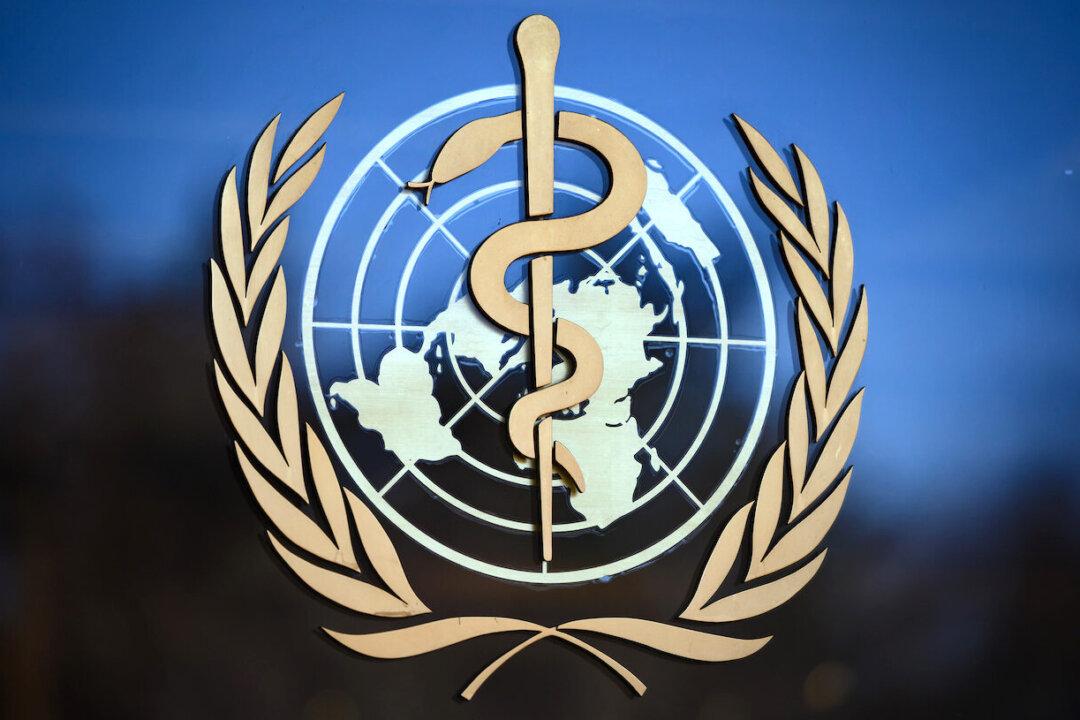The World Health Organization (WHO) has warned that rushing to ease CCP (Chinese Communist Party) virus restrictions could lead to a resurgence of the disease as some states across the United States, particularly those who have not been as hard hit by the pandemic, have announced plans to reopen and get their economies up and running again.
“This is not the time to be lax. Instead, we need to ready ourselves for a new way of living for the foreseeable future,” said Dr. Takeshi Kasai, the WHO regional director for the Western Pacific.




